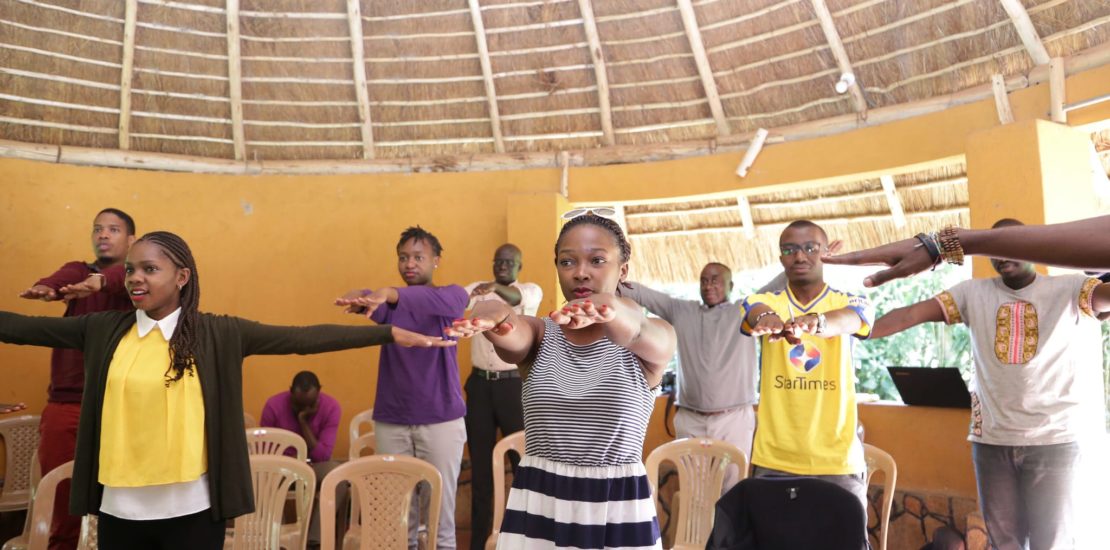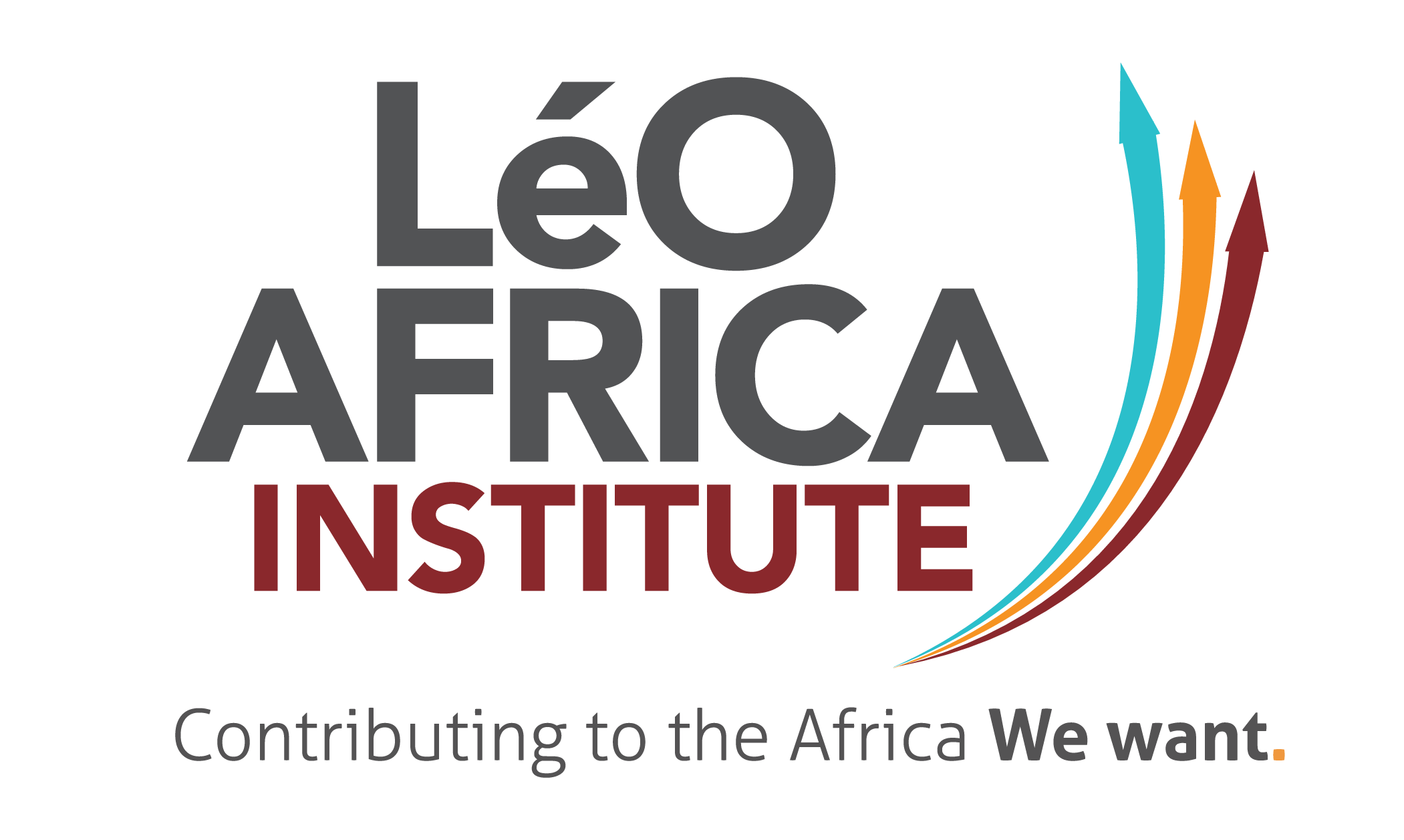- March 1, 2017
- Posted by: Ivan Rugambwa
- Category: Blog

The seminar to launch the LéO Africa Institute’s inaugural Fellowship – dubbed the Young and Emerging Leaders’ Project – was hosted at the rustic Kasenge Forest resort in Mukono, on the edges of Mabira forest.
The first of three, the seminar set tone for the nascent project aimed at nurturing a new generation of socially responsible leaders that are values-oriented and convicted about transforming their communities. The sessions covered various aspects of leadership and critical skills in leadership like critical thinking and personal leadership.
A key message that emerged out of the leadership retreat was a call for fellows to take advantage of their privileged position to be agents of change in their communities, if they are to cumulatively transform their societies for better.
In his conversation with the Fellows Robert Kabushenga, the Chief Executive of Vision Group, implored them to take advantage of their privilege – both as a demographic majority and as the most inter-connected generation thanks to technology – to build collaborative partnerships that will be able to influence change in their societies.

The text based sessions used exemplary leadership examples such as Nelson Mandela, Patrice Lumumba and Kwame Nkrumah to critically evaluate challenges in leadership and the value systems that underpin it. The sessions were complemented by skills building sessions that centered upon critical thought on personal leadership, effective communication and crisis management.
Facilitating a session on critical thinking, senior member of Faculty at the Institute, Hashim Mulangwa, emphasized the need for humility and tolerance of divergent views as the key to effective leadership. “As a leader, it is important to keep an open mind, and be tolerant of criticism as an opportunity to do better,” he said. He shared with the fellows the importance of one knowing their their strengths, but even more important knowing their weaknesses – the kind of flaws that undermine their work or their relationships with others, to be able to improve address them.
In their session on crisis management, problem solving and how to exercise influence over others, senior members of faculty, Michael Niyitegeka and Patricia Nzeyi urged the fellows to make a deliberate effort to live purposefully, and develop a clear vision around which they can rally people.
Closing the seminar, Awel Uwihanganye, the Founder and senior Director at the Institute reiterated LéO Africa’s mission to create a network of leaders who will bring about the change we want and applauded the fellows for the enthusiasm exhibited towards the Fellowship. “It is my hope that the insights from the seminar will be transferred to your communities and work spaces, to influence change for the better,” Awel said.
The 2017 Fellows are expected to undertake two other seminars, with the final seminar on leaving personal legacies expected to be hosted in Rwanda in November. It is here that the 2017 Fellows will be officially inducted into the LéO Africa Institute network of outstanding fellows across East Africa.
